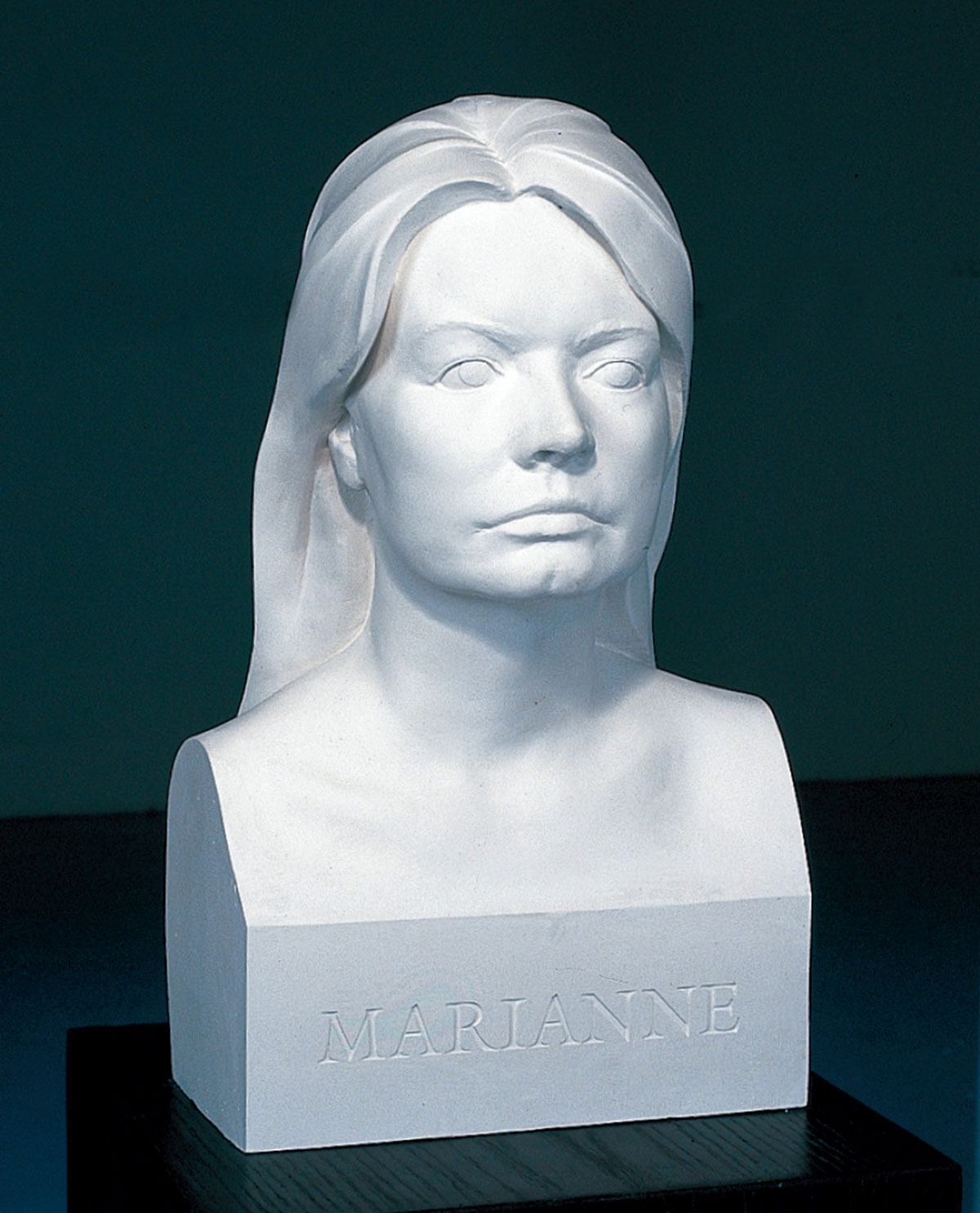The Law of Averages 3: Meet Marianne
The Average Citizen project
Måns Wrange / OMBUD

The Average Citizen project (www.averagecitizen.org) was created with the aid of the Swedish Central Bureau of Statistics, following a statistical “average citizen profile” produced by collating the averages and medians most frequently used by the Swedish authorities. Subsequently, a headhunting firm—whose usual assignment is to find CEOs for major corporations—was commissioned to identify a person who fit this profile: female, 40 years old, single, childless, living in a two-room-and-kitchen apartment, etc. Through a media campaign, a person who corresponded to the profile was found: Marianne, who will be known in public only by her first name in order to preclude any exploitation of her private life. The aim of the project is instead to focus on Marianne’s views on society, and to disseminate these ideas back to the Swedish public, which she represents statistically. This will be done by giving Marianne access to the same sophisticated methods used by politicians, special interest groups, and major corporations to bring about changes in society: professional opinion-forming and lobbying.
In cooperation with a political lobbyist, a dramaturge, and an expert political consultant, a long-term strategy has been drawn up for how Marianne’s views are to be disseminated to Swedish society and, in the longer term, made to influence public opinion. Marianne has been interviewed in depth on how society can be changed, and these views have been gathered in a data bank of opinions. In collaboration with Marianne, a political speechwriter and a copywriter have summarized and formulated her views in the form of slogans. A broad spectrum of Sweden’s most influential persons from fields of activity with a high opinion-forming value—politics, advertising, culture, the media, and entertainment—have been contacted by the project group and asked to cooperate with Marianne by using one of her views in a public context appropriate to each. As with all effective lobbying and opinion-forming, Marianne’s views are presented indirectly so that the public is not aware of the identity of the originator of the views. As an example, one of her views has formed the starting-point for an editorial in one of the major morning newspapers; it has been presented as part of the dialogue in a popular TV series; it has been quoted by an influential politician; and it has appeared in a nationwide advertising campaign. The Average Citizen thus benefits from the legitimacy that these established channels of communication confer on views, as opposed to opinions presented, for example, in a letter to the press. The opinion-forming strategy developed for the Average Citizen project borrows its structure from the concept of “product-placement” used by the advertising industry, in which a given company pays a fee to have a product or a brand prominently featured in a film or television show.
Like most activities with the ambition to influence society, The Average Citizen will attempt to objectively quantify and scientifically document the project’s effect on public opinion. During the course of the project, regular opinion polls will be conducted before and after a view has been introduced to the public, in order to ascertain what specific effect Marianne’s views have had on public opinion. When, for example, one of Marianne’s views was stated in a line of dialogue in one of Sweden’s most popular TV series, it was seen and heard by 28.6 percent of the viewing population in Sweden. A subsequent opinion poll commissioned by the project established that 6.2 percent of the Swedish population had adopted this view as a result, a scientifically documented change in public opinion brought about by Marianne.
Måns Wrange is an artist based in Stockholm. In 1999, he and architect Igor Isaksson founded OMBUD—The Institute for Improving Society (ombud.org)— a think tank and creative studio consisting of a network of people from research, the arts, and the lobbying and opinion-forming industry. His work has been included in shows such as “Manifesta 4,” Frankfurt; “We Are All Sinners,” Museo Tamayo, Mexico City; “Swedish Hearts,” Moderna Museet, Stockholm; and “100 Artists See God,” currently on tour in the United States.
Spotted an error? Email us at corrections at cabinetmagazine dot org.
If you’ve enjoyed the free articles that we offer on our site, please consider subscribing to our nonprofit magazine. You get twelve online issues and unlimited access to all our archives.